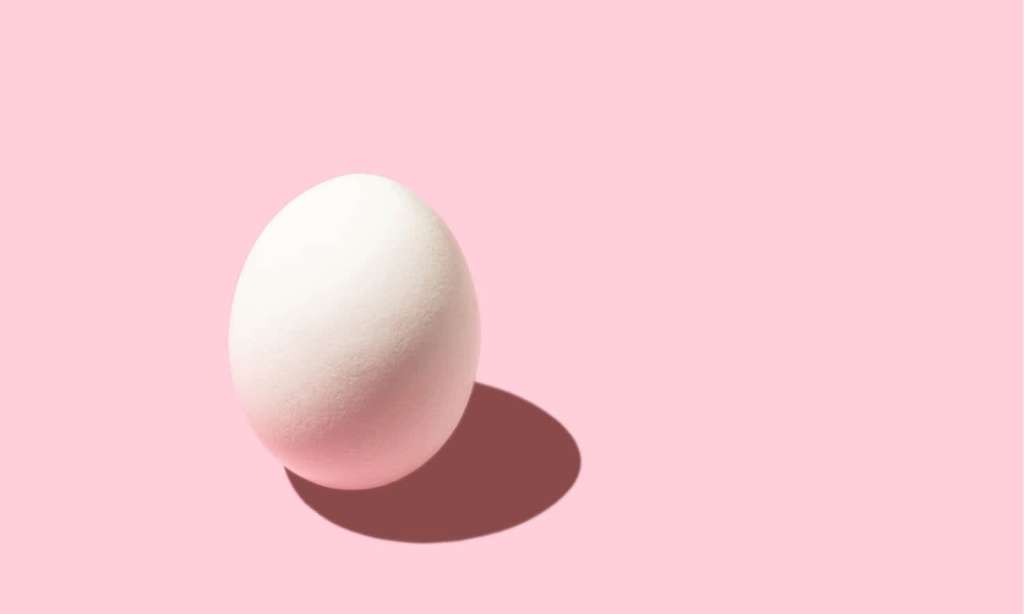Though egg freezing has been around since 1997, many of us still don’t know much about it. But, if you’re a woman looking to potentially push forward the date you want to conceive, for whatever reason, it’s something you should know a little bit about.
In particular, you should know who egg freezing is recommended for, the ideal age to freeze eggs and how long they can be stored. From that, you can get a good idea about whether or not egg freezing is for you — now or in the future.
So, with that in mind, we decided to ask an expert. From the earliest age you can get your eggs frozen, to the current rates of success, here, Dr Mikayla Couch, a Sydney-based obstetrician and gynecologist, shares with us all the need-to-know basics of egg freezing.
You Could Technically Freeze Your Eggs After Your First Period
Technically, you could freeze your eggs after your first ovulation and menarche (menstruation), says Dr Couch. In cases of cancer in children, to preserve their fertility, you could even freeze their ovarian tissue prior to menarche.
“However, if you are younger, the chance of then requiring the eggs is low as it is not known if you will meet a partner in your life, choose to have children on your own or remain without children,” she says.
There Is an Ideal Age to Freeze Your Eggs
Though there is no ideal age, there is a range, and, according to Dr Couch, it’s between 30 and 37. “After 37, the eggs decrease in their number dramatically,” she says.
However, she stresses that this recommended age range is based on the average person. Medical reasons may also affect your egg count number. “Generally speaking, women between the age of 30 and 37 are likely to have good quality eggs to freeze and also have a probability of utilising their frozen eggs,” she says.
For patients who froze their eggs before the age of 35, they experienced live birth rates of 50 to 69%.
The Age You Freeze Your Eggs Affects Its Chance of Live Birth Rate
Though, most women know that their egg count is continually dropping as they age, many don’t know the rate of decline sharply decreases after two key ages: 30 and again, at 37, says Dr Couch. In fact, nearly 99% of women are infertile by the age of 45.
“The age you freeze your eggs affects your egg function and the chance of live birth rate,” she says. “If you are between 38 and 45 years old, there are increased chances of an inadequate egg response to stimulation, increased risk of chromosomal abnormalities and decrease in live birth rates.”
You Should Consider Egg Freezing If You Predict It’ll Be Difficult to Conceive
Apart from feeling more in control of your reproductivity, other reasons you may want to consider egg freezing are if your maternal mother went through menopause before 40 or if you have a medical condition such as the BRCA gene that can cause you to go through menopause earlier, says Dr Couch.
“Younger women with a cancer diagnosis also have the option of freezing their eggs or ovarian tissue sampling to preserve their fertility,” she says.
Eggs Can Be Stored Indefinitely
According to Dr Couch, there is no known time limit for the duration of embryo storage. “Live birth has been reported following the transfer of embryos that had been cryopreserved nearly 20 years earlier,” she says.
Find a Doctor You Get Along With
When choosing a clinic, the most important thing to look for is that it has a doctor you get along with, says Dr Couch. “It will be a long journey and you need to trust your doctor,” she says. With that said, cost should come second-fiddle.
“There are many different types of fertility preservation options and quality of egg freezing,” she says. “Cost also varies greatly between different services.”
Live Birth Rates Are at a Max of Only 50%
In a study of 1468 women who underwent egg collection for elective fertility preservation (mainly due to advancing age), 137 women (9%) returned to use their oocytes.
Resultant live birth rates per patient ranged from 50% (for patients 35 years old or younger at time of egg collection) to 23% (for patients 36 years old or older). This study reported increased live birth rates with increasing numbers of frozen oocytes thawed.
The Majority of Women Who Froze Their Eggs Were Glad They Did
In a study, 88% of women who had their eggs frozen noted feelings of increased control over their reproductive planning, while 89% stated they would be happy with the decision even if the frozen eggs were never used.
Read more stories from The Latch and subscribe to our email newsletter.







